Well my book A Dark History of Sugar has been released onto the wild, and I am very pleased to say it has been (thus far) well received. Phew!
The book is out now to buy in the UK and is published by Pen & Sword History, RRP £20.
It’s available from the Pen & Sword website, as well as any of your favourite bookshops: Waterstones, Amazon, Blackwell’s and WHSmith, to name but a few.
BUT if you like, you can order a book straight from me for £18 plus postage. This is £2.85 in the UK, but if you’re ordering from another country, it’s whatever the going rate is.* If you would like to purchase a copy, drop me an email at neil@britishfoodhistory.com. I will of course, sign it for you.
People of North America: you will have to wait until 23 June 2022 before you can lay your hands on a copy. Rest of world: I literally know nothing!
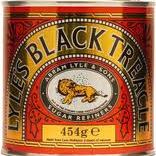
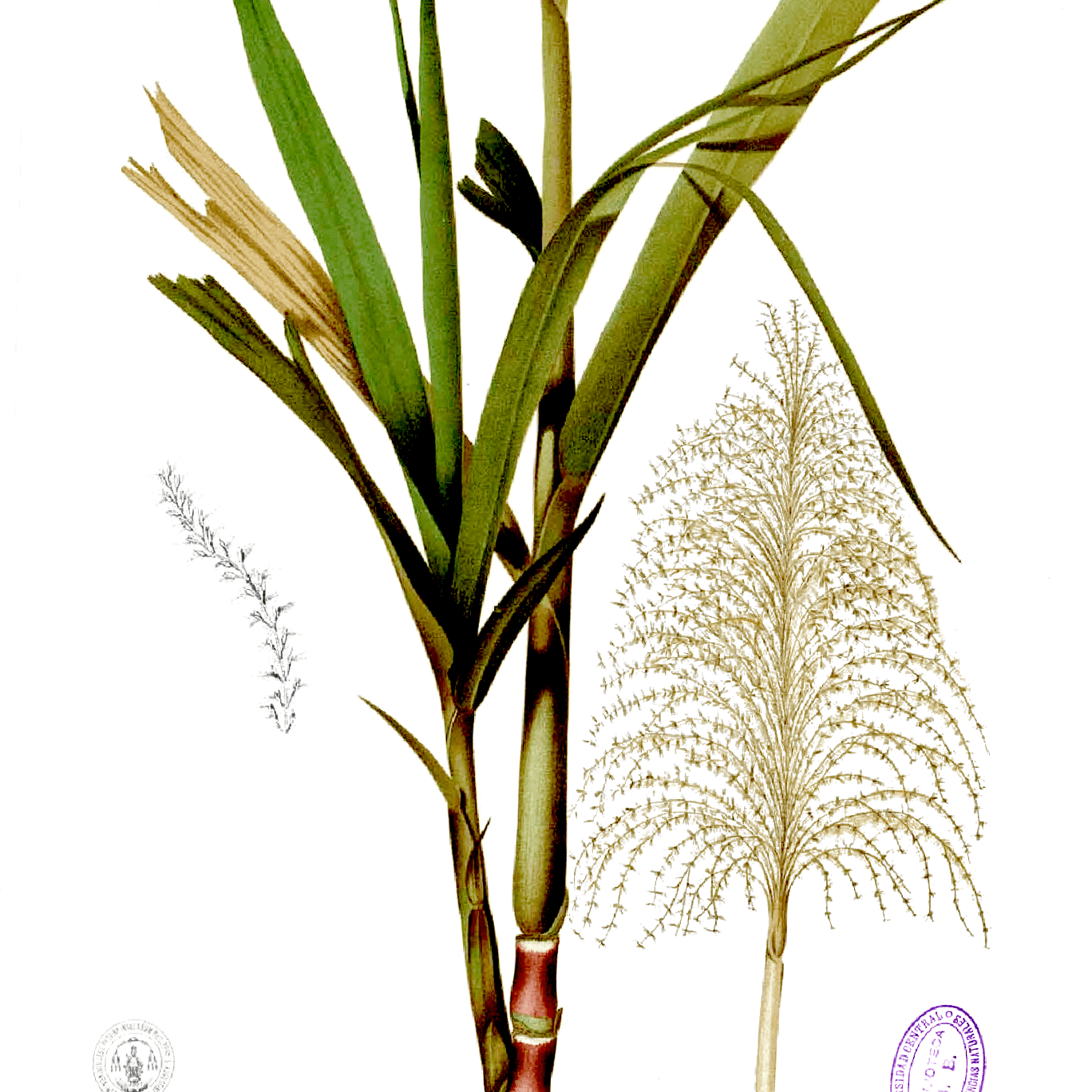
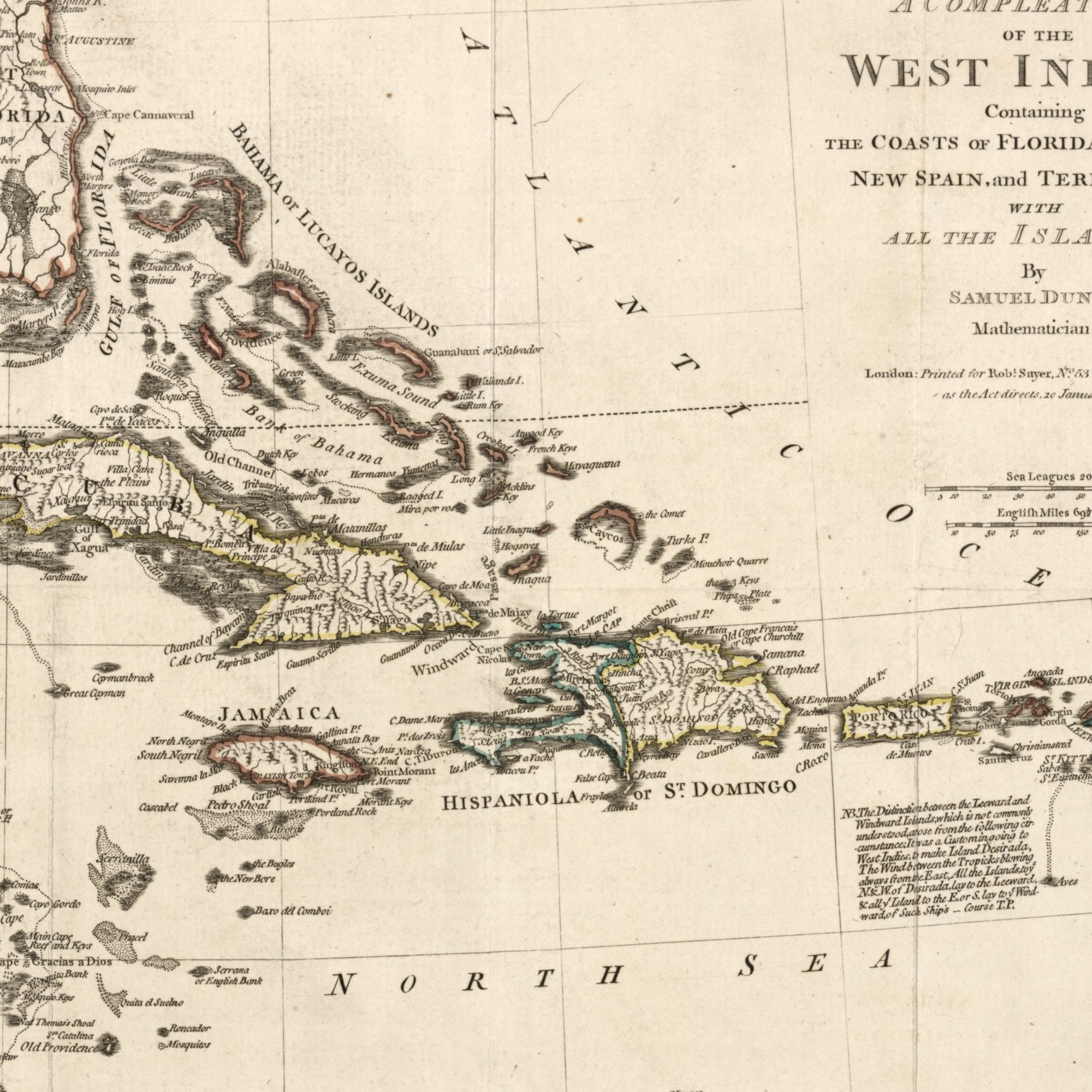
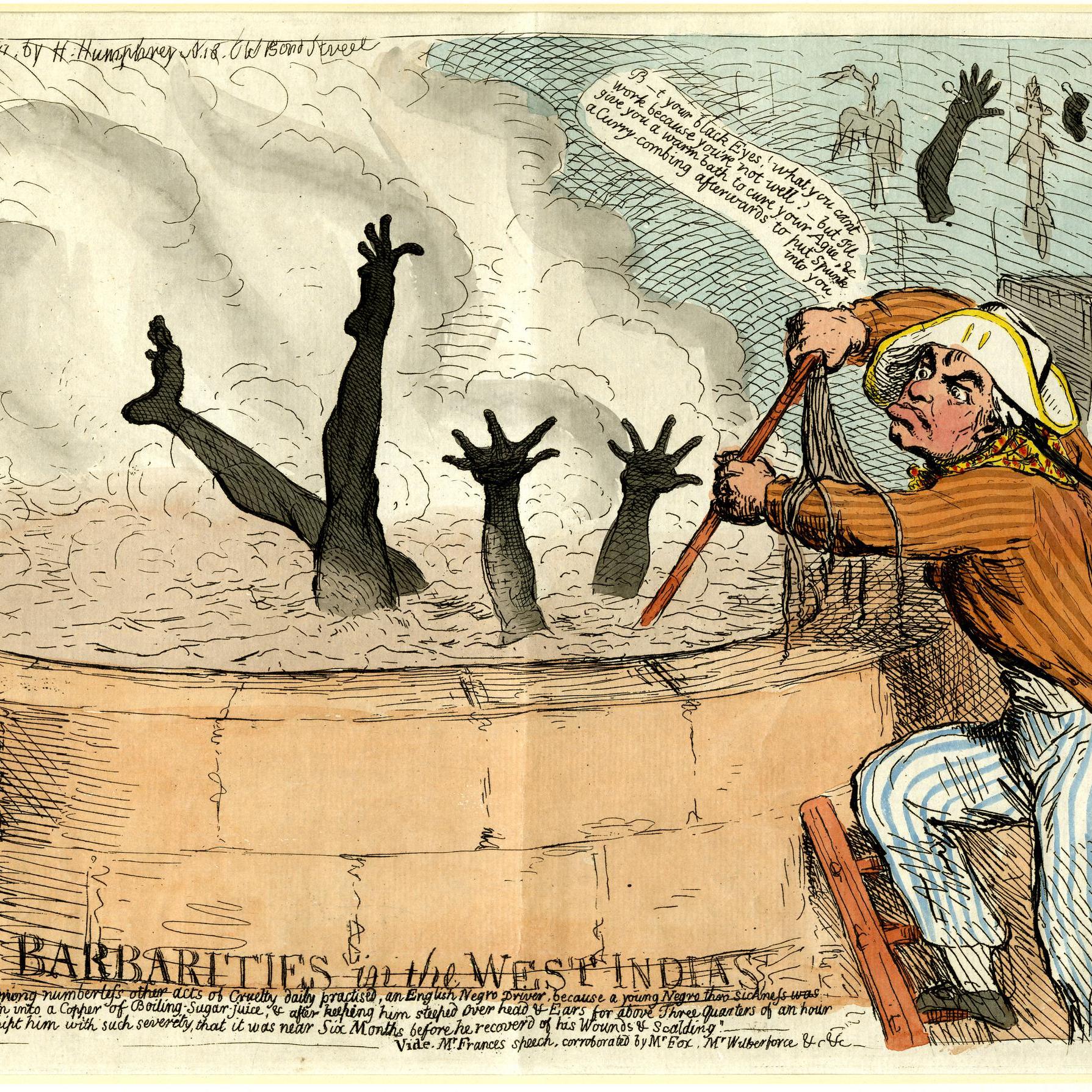
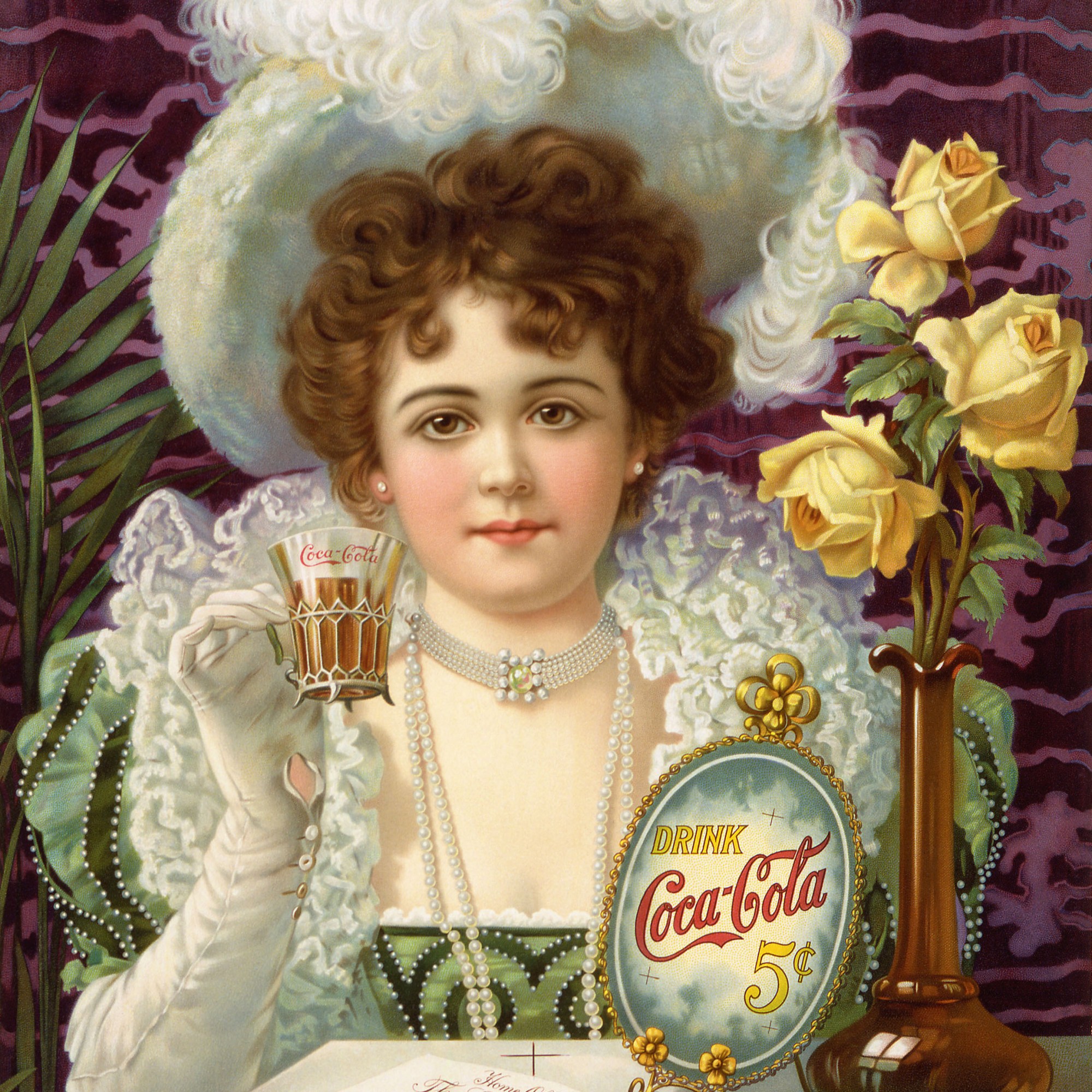
HOWEVER, here’s a chance to win a signed copy – and it is open to anyone around the world. If you fancy having a go, all you have to do is answer this multiple choice question in the comments section below. I’ll reply to the winner on Sunday 5 June 7pm, GMT, so don’t forget to look at the comments and check to see if you have won.
Here goes:
A Dark History of Sugar charts the sinister global history of sugar, but where was sugar first cultivated?
A. New Guinea
B. China
C. Hawaii
D. India
When you leave your comment, don’t forget to check back to see if I have replied to your comment!
*So far I’ve posted to the Republic of Ireland and the US and prices have varied between £9.90 and £24!

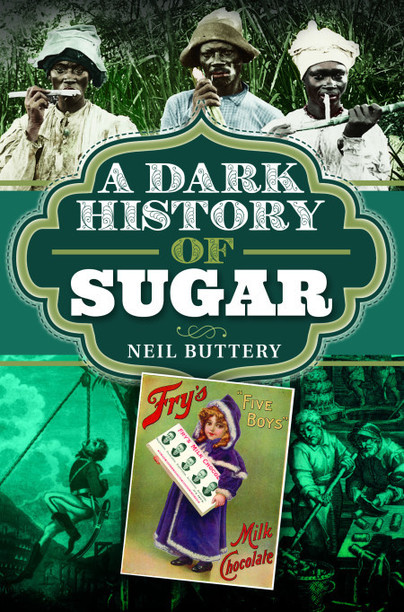
A. New Guinea
LikeLiked by 1 person
New Guinea 🙂
LikeLiked by 1 person
I theorise it was New Guinea.
Congratulations on the book! You’ve come a long way since those early blog posts. x
LikeLiked by 1 person
New Guinea.
LikeLiked by 1 person
New Guinea. Enid
LikeLiked by 1 person
Thanks for the chance to win a copy of your book. The answer is: A. New Guinea.
LikeLiked by 1 person
my answer is D, india. congrats on the book! 🙂
LikeLiked by 1 person
oops, forgot to subscribe to replies. posting this just so i can make sure i don’t miss any replies!
LikeLike
New Guinea! Best wishes for lots of book sales. I’m sure this was a labor of love, and it must feel fabulous to see this baby in print!
LikeLiked by 1 person
I’ll go with Hawaii?
LikeLiked by 1 person
Well, Mr. Buttery, I’m hazarding a guess, New Guinea?
I’m so excited about your book!! Good luck with it!!
LikeLiked by 1 person
New Guinea. I very much enjoy your blog on British food history. Congratulations on your book!
LikeLiked by 1 person
New Guinea? I look forward to reading your book, however I get it!
LikeLiked by 1 person
Answer is New Guinea. Looking forward to reading this either way!
LikeLiked by 1 person
I will say the answer is A. New Guinea.
LikeLiked by 1 person
Congratulations fionayb! You are the winner. Please drop me an email at neil@britishfoodhistory.com with your address and I shall get a copy posted off to you!
LikeLike
The correct answer is A. New Guinea. Papua to be exact, All the way back in 8000 BCE.
LikeLiked by 1 person
New Guinea – and more importantly, congratulations on your book! What an absolute achievement.
LikeLiked by 1 person
I was going to say D. India where it was produced from the sugarcane plant but it seems that the answer is A. New Guinea where it was probably first cultivated by the indigenous people who chewed raw sugarcane in 8000 BC
LikeLiked by 1 person
In our neighbour New Guinea 🙂
LikeLiked by 1 person
New Guinea! Congratulations on the book!
LikeLiked by 1 person
The competition is now closed and I have picked a winner. Thanks to everyone who entered, and thank you for your lovely messages.
Neil x
LikeLike
I was thrilled to come across your blog post offering a chance to win a copy of “A Dark History of Sugar.” As a fan of culinary history, I find it fascinating to explore the historical context and cultural impact of various food items. The dark history of sugar is a topic of great interest, and I appreciate the opportunity you have provided to delve deeper into this subject.
Your blog post effectively highlights the significance of sugar in shaping not only culinary traditions but also historical narratives. The exploration of sugar’s connections to slavery, colonialism, and societal changes is both enlightening and thought-provoking. It’s important to understand the complex and often troubling origins of the foods we consume.
The chance to win a copy of “A Dark History of Sugar” is truly exciting. The book promises to provide an in-depth exploration of sugar’s history, shedding light on its economic, social, and cultural ramifications. It’s an opportunity to gain a deeper understanding of the impact that sugar has had on global trade, labor systems, and human experiences throughout history.
Thank you for organizing this giveaway and providing readers with the chance to win a copy of such an insightful book. Your commitment to sharing knowledge and sparking discussions about the historical context of food is commendable. I look forward to exploring more of your blog posts and continuing to learn from your research and insights.
Wishing all the participants the best of luck, and thank you for your dedication to uncovering the rich history behind our food.
LikeLiked by 1 person
Gosh! Thank you for the kind words Victor. The book was a very difficult one to write, but I am pleased with it, and I’m glad that others are getting something out of it.
LikeLike